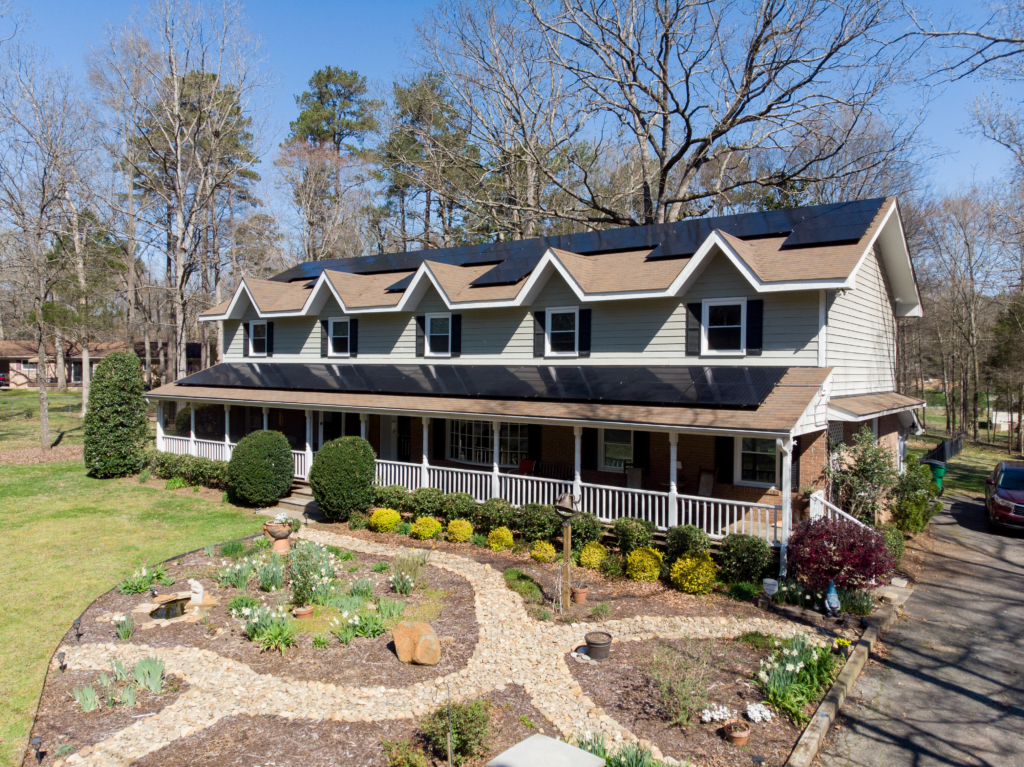Duke Energy Solar Rebate
Duke Energy Solar Rebate No Longer Available for South Carolina Solar Customers – Other Incentives Still Available!
The Duke Energy solar rebate program in South Carolina closed in late 2016. We learned shortly before it ended. Duke Energy established the rebate to accelerate the adoption of South Carolina Solar Power. Many customers took advantage of the program that lowered the initial cost of solar power significantly.
Right now is still a great time to go solar in South Carolina, with a state tax credit available at 25% of the solar system cost, and a federal tax credit of 30%.
$1 Dollar-Per-Watt Rebate: Lasted from October 2015 – late 2016
![]()
Effective October 13th, 2015, Duke accepted applications for residential solar that had been energized since the first of January, 2015. Duke offered a $1 per watt rebate. For example, a home that has a system producing 5000 kWh was eligible to receive a one time only rebate of $5000.
This rebate did not negate the 25% State Income Tax Credit, nor the 30% Federal Income Tax Credit. A South Carolina Duke customer could still save 55% of the system cost due to tax incentives and then also receive a cash rebate that directly relates to the size of their solar system. The wattage was calculated in AC power. Waitlisted program applicants will be reviewed in the order received, in the event that program openings arise, resulting from denials of some customer applications.

Frequently Asked Questions About Solar for Your Home:
How exactly does going solar and a solar system itself work?
How many solar panels do I need for my home?
Roof-size/available space: When we look at the size of your roof and the space available, we gather data that tell us the maximum number of solar panels your home or site can hold and we even consider shading. We use a software “Suneye” which takes a 360 picture of your roof and we use this photo to determine if your home is a good candidate for solar.
Energy Usage: When we determine energy usage we look at your past electrical bills from over the course of a year to make sure your system isn’t too big or too small.
Your Budget: We take your budget seriously and most importantly, we want you to be satisfied with our services. We take your feedback on how much you want to spend so that we can size your system appropriately.
What is solar net-metering?
Does Duke Energy offer net-metering?
Curious about the cost of a home solar system?
Ready to Own Your Own Energy?
Speak to Us Today!
